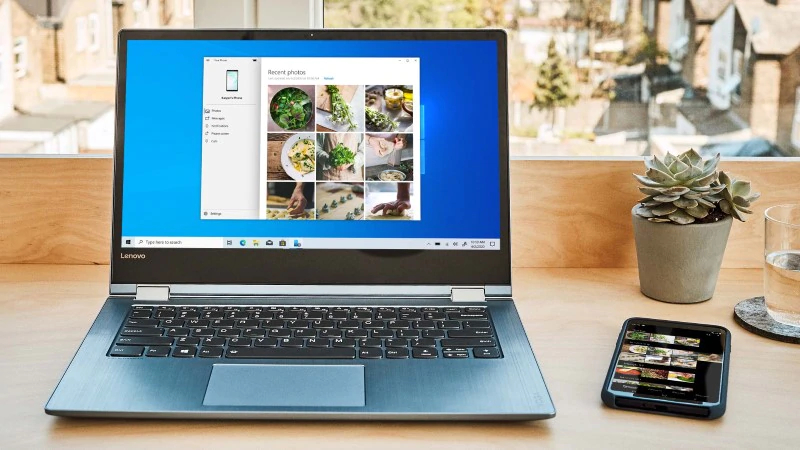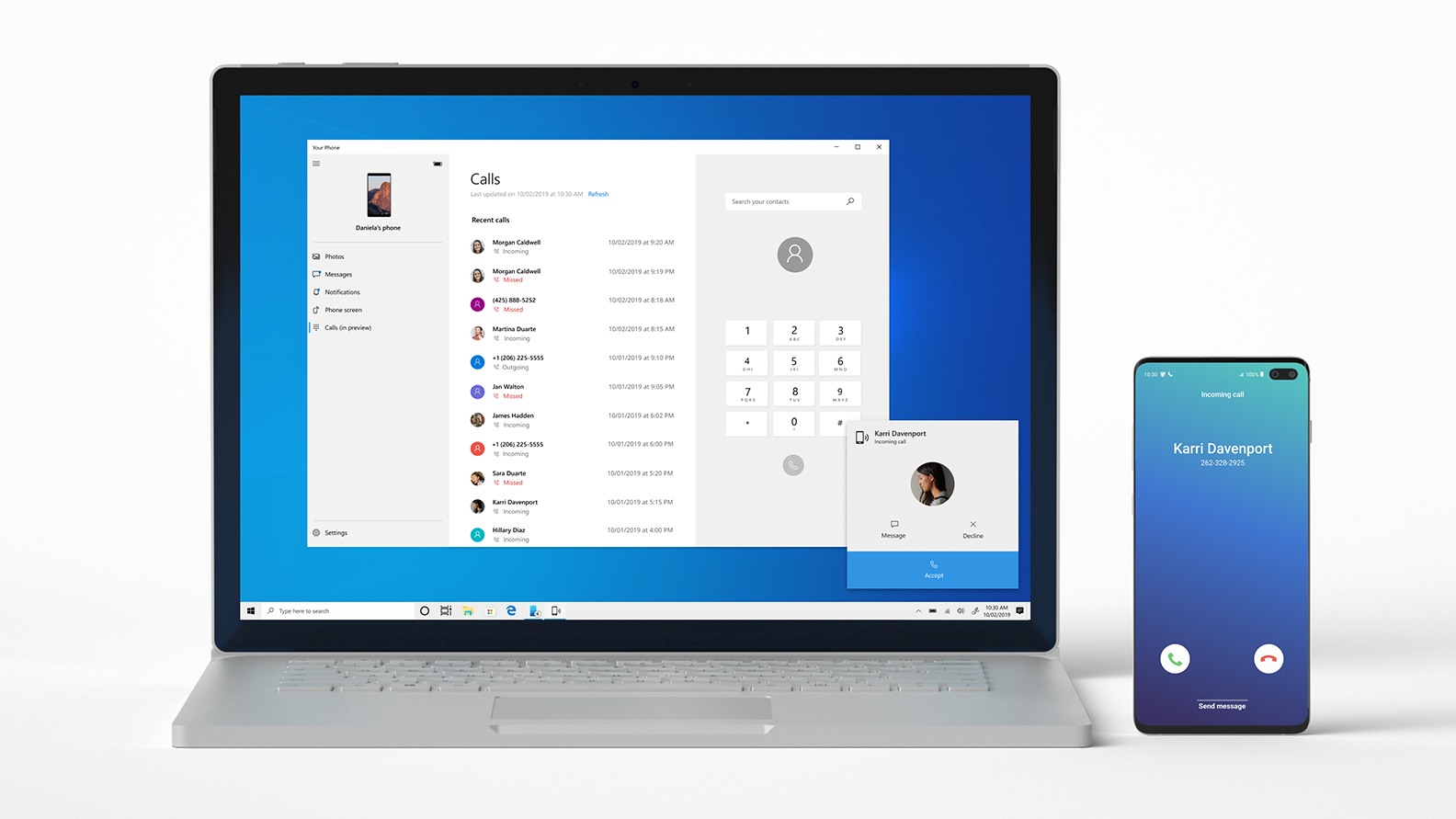Windows 10 can run Android apps on your PC — here's how
Microsoft's Windows 11 isn't the only way to run Android apps on PC

With the upcoming release of Windows 11, Android apps will soon be able to run natively on your PC with some help from Amazon's app store. But Windows 10 already has a few ways to support multiple apps.
Microsoft's App Store doesn't cut it when compared to macOS and Chromebooks. But while Windows 11 aims to change this by even bringing a new Microsoft Store, Android app emulator software BlueStacks and the company's very own Your Phone app already offer Android apps to run on Windows 10.
- Windows 11: latest OS features, major updates, and more
- Best college laptops for students
- Best laptop deals in 2022
While these methods can be limited, with BlueStack being an emulator that can hamper performance and the Your Phone app only working with Galaxy smartphones, they still bring fully functional Android apps to Windows 10.
Users that don't want to wait around for Windows 11 to finally use Android Apps on their laptops can try out BlueStack and the Your Phone app right now. Earlier this year, BlueStack released a major update bringing a big upgrade in performance.
How to run Android apps on Windows 10
BlueStacks has been popular software for PCs with over 500 million downloads, and mainly caters to running Android app games on PCs. BlueStacks 5 runs on devices with Intel or AMD processors and also supports ARM devices such as M1-powered Apple laptops including the MacBook Air and MacBook Pro.
Users can expect plenty from the new update, including faster boot, install and launch times for apps, 50% less RAM consumption than BlueStacks 4, an 'Eco Mode' that offers 87% less CPU usage when multi-tasking and reduces GPU usage by 97%, along with smoother frame rates when using Android apps.
BlueStacks 5 can now be downloaded through BlueStacks' main site for those looking to try it out.
Windows 10 users could already launch Android apps on laptops thanks to Microsoft's Your Phone app. While it could only run a single Android app at a time when it first arrived, it was recently upgraded earlier this year to be able to run multiple Android apps simultaneously.
There is a catch, however, as this can only be done with Samsung devices such as the Samsung Galaxy S21 Ultra. In order for the app to work, users with a Samsung phone must be running Android 11.0 or above, which essentially means flagship Samsung phones released since August 2019 (Note 10 and above), and the Link to Windows Service app 2.1.05.2 or more recent from the Galaxy Store.
On the Windows side, you'll need to be sure you have at least the Windows 10 May 2020 update along with the most recent version of the Link to Windows or Your Phone app. Presto, you can now run Android apps.
Windows 11 is expected to arrive this October, but for now, these methods will help provide Android app support to your laptop. Check out the Intel and AMD processors you'll need to run Microsoft's upcoming OS.
via Windows Central
Sign up to receive The Snapshot, a free special dispatch from Laptop Mag, in your inbox.

Darragh Murphy is fascinated by all things bizarre, which usually leads to assorted coverage varying from washing machines designed for AirPods to the mischievous world of cyberattacks. Whether it's connecting Scar from The Lion King to two-factor authentication or turning his love for gadgets into a fabricated rap battle from 8 Mile, he believes there’s always a quirky spin to be made. With a Master’s degree in Magazine Journalism from The University of Sheffield, along with short stints at Kerrang! and Exposed Magazine, Darragh started his career writing about the tech industry at Time Out Dubai and ShortList Dubai, covering everything from the latest iPhone models and Huawei laptops to massive Esports events in the Middle East. Now, he can be found proudly diving into gaming, gadgets, and letting readers know the joys of docking stations for Laptop Mag.

